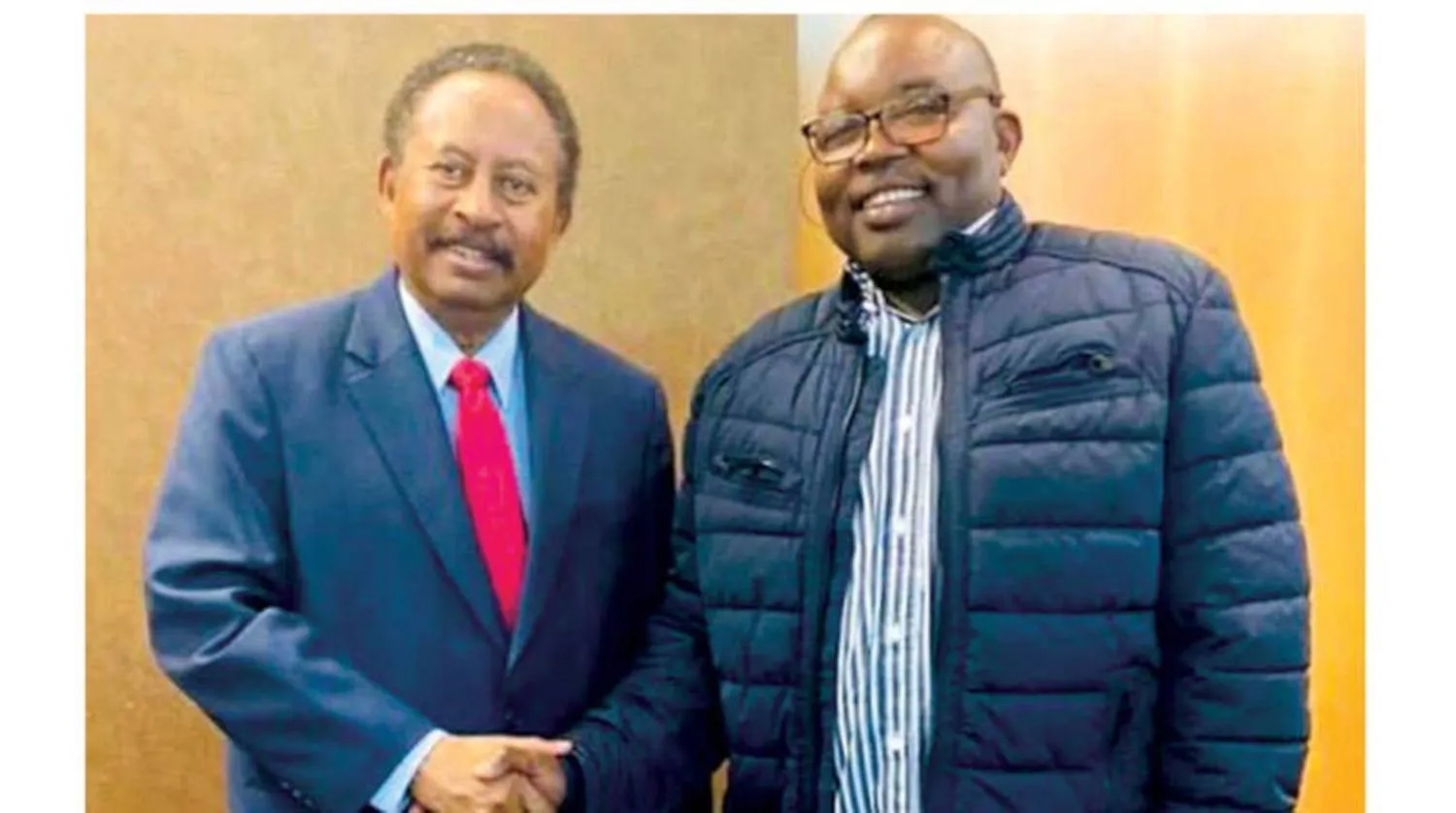Former Sudanese Prime Minister Abdalla Hamdok, leading the “Tagaddum” anti-war civilian coalition, and Abdel Wahid Mohamed Nur of the Sudan Liberation Movement joined forces in the Kenyan capital, Nairobi, to sign a political agreement.
This deal aims to end the conflict and establish civilian rule in Sudan. Both leaders pledge to work together to tackle Sudan’s challenges and find lasting solutions.
Both parties urged an immediate ceasefire to pave the way for ending the war, with support from international and regional efforts, including the Jeddah platform.
The Nairobi declaration called on the warring factions to abide by international humanitarian law by removing obstacles to aid delivery and ensuring access for all citizens in conflict zones.
It also stressed the importance of protecting humanitarian workers from international and local organizations.
Tagaddum and the Sudan Liberation Movement have agreed to establish a security and military system meeting international standards.
This system aims to create a unified national army dedicated to safeguarding national security under a new military doctrine aligned with the constitution.
The agreement also calls for a federal democratic civilian government in Sudan, ensuring equal participation for all Sudanese in power and resources.
The Nairobi declaration stressed the need for an inclusive discussion involving all national stakeholders supporting these principles.
Both sides called on international and regional actors to pressure the warring factions and step up efforts for an immediate end to the war.









